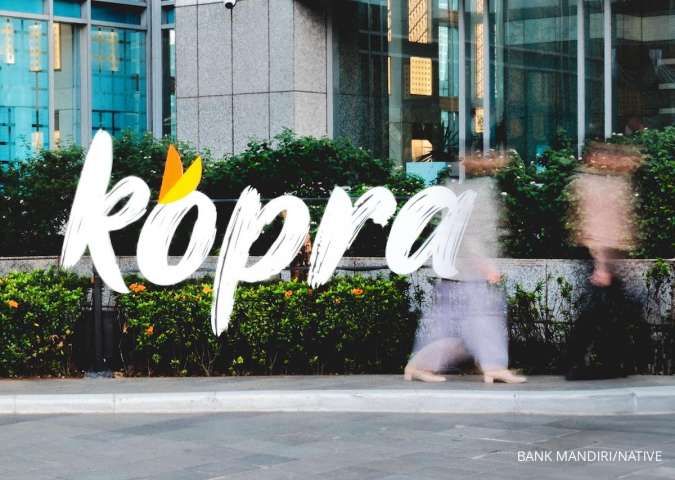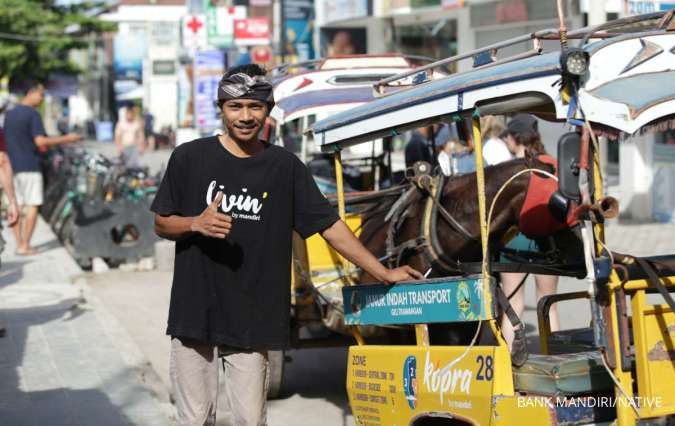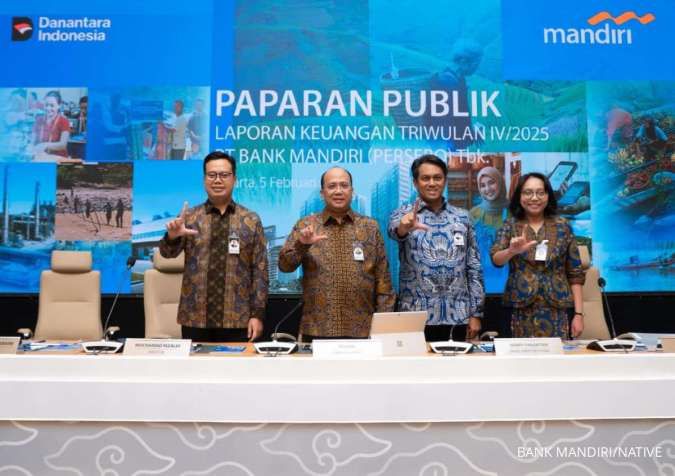JAKARTA. After his inauguration on Monday passed off without the disruption that many had feared, President Joko “Jokowi” Widodo said unity and hard work were the remedies for reshaping the nation. In his first address before lawmakers and senators who packed the People’s Consultative Assembly (MPR), Jokowi highlighted what he deemed was the key to the country’s progress: Unity. “Unity and gotong royong [mutual assistance] are the preconditions of becoming a great nation. We will never be great if we are divided, fighting among ourselves,” said Jokowi.
The nation had never been as deeply divided as it was in the July presidential election, which Jokowi eventually won with 53.5 percent of the vote against rival candidate Prabowo Subianto. The rivalry apparently spread to the House of Representatives, where Prabowo’s coalition now holds the majority, translating into defeats for Jokowi’s camp in several battles on the legislative front. The rift has fueled fears of political instability. But Jokowi’s recent meeting with Prabowo and Golkar Party chairman Aburizal Bakrie, a key figure in Prabowo’s coalition, has eased a three-month political standoff between the two camps. As a token of reconciliation, Prabowo attended Jokowi’s inauguration after weeks of speculation that the grudge he held against Jokowi would prevent him from doing so. “We should think positively of him [Jokowi]. We’re providing him with all the chances to perform to his best. That’s part of our culture,” said Prabowo. Prior to his speech, Jokowi addressed and greeted Prabowo as his “best friend” and “colleague”. Jokowi’s inauguration was also a watershed moment in that it was a peaceful transition of power — something that has been lacking in the nation’s history. After parading with Vice President Jusuf Kalla in a carriage that passed cheering crowds on the streets heading to the Presidential Palace, the pair was greeted by former president Susilo Bambang Yudhoyono for a handover ceremony. The military-style service, the first of its kind, was initiated by Yudhoyono to display a peaceful transition that is hoped will be replicated by future leaders. “We pray for Bapak Jokowi and for him to be able to successfully run the country for the next five years. We will always give you support,” said Yudhoyono, whose Democratic Party has regularly taken sides with Prabowo’s camp. Jokowi appealed for all elements in the country to work with the same spirit in carrying out their respective duties and functions. “This is the point in history for all of us to move in unison and to work, work and work,” Jokowi said. “I believe that through hard work and gotong royong, we will protect every Indonesian and every inch of our land, improve general welfare, enlighten the life of the nation and participate in ensuring international order based on independence, eternal peace and social justice.” Jokowi’s appeal for unity and hard work is likely to be put to the test in the coming months as he will confront the country’s most pressing issue: A bloated fuel subsidy allocation that has taken up almost a quarter of the state budget. The subsidy has not only drained state coffers and the government’s ability to allocate more funds to infrastructure, but has also encouraged extravagant fuel consumption as for decades, the government has kept fuel prices cheaper than market prices. Jokowi has acknowledged that the fuel subsidy, if left unchecked, would undermine his administration’s attempts to allocate more funds to finance his reform programs, particularly his maritime power ambitions as outlined in his inaugural speech.
“We have to work as hard as we can to restore Indonesia as a maritime power. The oceans, the seas, the straits and the bays are the future of our civilization. For far too long, we have turned our backs [on these things].” “Now is the time to restore Jalesveva Jayamahe [At Sea We Are Victorious], the motto of our forefathers. We should return to sailing the seas,” he said. Jokowi also briefly outlined the course of his foreign policy in his speech and said he would focus more on the protection of Indonesians and their interests overseas. “Under my government, Indonesia as the third-largest democracy in the world, as the country with the largest Muslim population, as an archipelagic state, and as the largest country in Southeast Asia, will continue to pursue its independent-active foreign policy, dedicated to national interests and taking part in creating an international order that respects independence, eternal peace and social justice.” (Margareth S. Aritonang and Hasyim Widhiarto)


